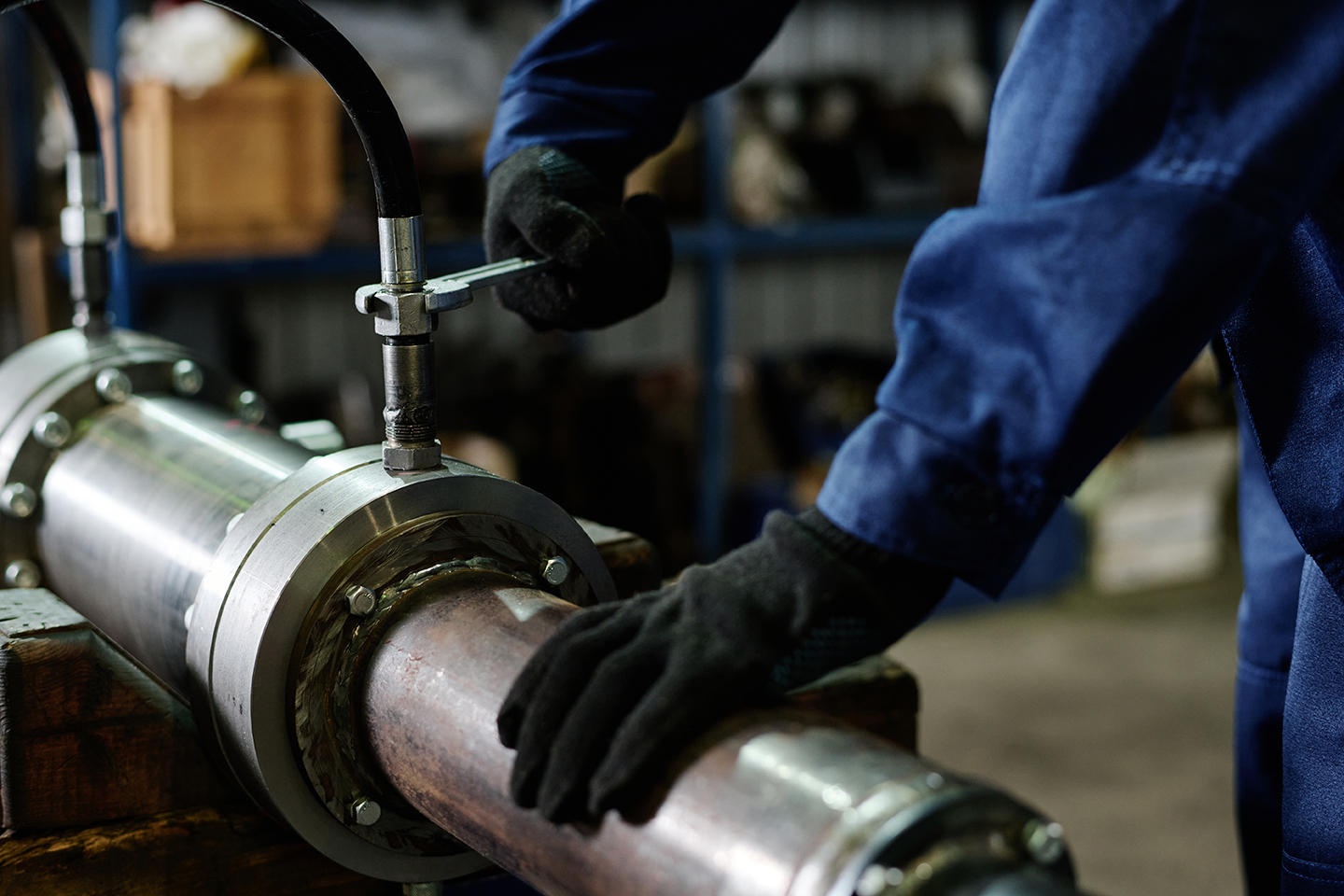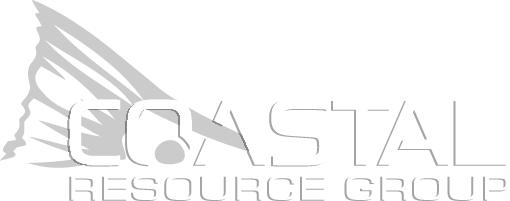Gaskets play a central role in maintaining the integrity of flange joints across a wide range of industrial systems. Whether in high-pressure pipelines or chemical processing units, choosing the right gasket material ensures reliable performance, reduces leaks, and increases safety. This article explores various gasket materials, their sealing properties, and how they align with specific flange applications across industries.
How Gasket Materials Influence Flange Sealing
Flanges are used to connect pipes, valves, pumps, and other equipment in a piping system. A gasket is inserted between two flanges to create a seal that prevents leakage under compression. The success of this seal depends heavily on the gasket material’s ability to withstand the operating pressure, temperature, and media type.
Key performance criteria include:
- Chemical resistance
- Temperature tolerance
- Compression and recovery performance
- Durability under fluctuating loads
Overview of Common Non-Metallic Gasket Materials
Non-metallic gaskets remain a preferred choice for many flange-based systems, particularly where moderate temperatures and pressures are involved. These materials offer the advantage of easy installation, chemical resistance, and cost-effectiveness.
Their flexibility allows them to conform well to flange surfaces, making them suitable for a broad range of industrial applications. Below are some of the most widely used non-metallic materials in industrial gaskets:
Compressed Non-Asbestos Fiber (CNAF)
Made from aramid fiber, rubber binders, and fillers, CNAF gaskets serve as a reliable alternative to asbestos. They perform well in sealing environments that demand chemical resistance without the health concerns of traditional materials.
Applications: Water treatment, HVAC systems, and general-purpose flanged joints.
PTFE (Polytetrafluoroethylene)
Commonly known by the brand name Teflon, PTFE is known for its high chemical resistance and non-reactive nature. It is often used where contamination must be avoided, such as in sanitary or corrosive applications.
Applications: Chemical pipelines, pharmaceutical production, food-grade processing systems.
Rubber (EPDM, NBR, Neoprene)
Rubber gaskets are versatile and suitable for systems involving movement or vibration. EPDM works well with water and steam, NBR is effective for oils and fuels, and Neoprene offers resistance to weather and ozone.
Applications: Automotive systems, municipal water lines, and light industrial use.
Metallic Gasket Materials
Metallic gaskets offer high strength and resilience, making them suitable for high-pressure and high-temperature flange connections. They are often used in environments that exceed the limits of non-metallic materials.
Spiral Wound Gaskets
Constructed using a combination of metal windings and filler material, these gaskets combine strength with sealing flexibility. Common metals include stainless steel, while fillers might be graphite or PTFE.
Applications: Oil and gas pipelines, power generation facilities, petrochemical plants.
Ring-Type Joint (RTJ) Gaskets
RTJ gaskets are solid metal rings used in high-pressure and high-temperature applications. They are often machined from soft iron, stainless steel, or other alloys depending on the service conditions.
Applications: Refineries, subsea pipelines, high-pressure vessel flanges.
Composite Gasket Materials
Composite gaskets are engineered to provide a balance between flexibility and durability by combining metallic and non-metallic elements. This design allows them to handle more demanding conditions than standard non-metallic gaskets while offering better sealing adaptability than solid metal gaskets. They are commonly chosen when flange surface conditions are uneven or when pressure and temperature conditions fluctuate.
These materials are especially useful in applications requiring consistent performance across varying loads and long service durations.
Metal Jacketed Gaskets
These gaskets consist of a soft, compressible filler such as graphite or PTFE encased in a metallic outer shell. The outer jacket provides the structural strength to withstand mechanical loads, while the inner filler conforms to the flange surface to form a tight seal.
Applications: Heat exchangers, reactors, and boiler systems.
Corrugated Metal Gaskets
Corrugated Metal gaskets are designed with a corrugated metal core and covered with soft sealing layers such as graphite or PTFE. The corrugation allows for better compression recovery, making them suitable for applications where flange surfaces may not align perfectly or where vibration is present.
Applications: Power plants, chemical reactors, and heavy equipment connections.
Key Factors When Selecting Gaskets for Industrial Flanges
Choosing the correct gasket material is essential to achieving a secure, long-lasting seal in flange connections. The decision should be based on the system’s operating conditions and the properties of both the gasket and flange. A mismatch can lead to leaks, maintenance issues, or premature gasket failure. Below are the main considerations when specifying gaskets for industrial use:
- Operating Pressure and Temperature: Ensure the material can withstand the expected pressure and thermal ranges.
- Flange Surface Finish: Match the gasket to the smoothness or roughness of the flange surface.
- Chemical Compatibility: Check gasket resistance to the fluid or gas in the system.
- Bolt Load Capacity: Some gaskets require higher torque to seat properly.
Industry-Specific Gasket Applications
Each industry has unique requirements for sealing solutions based on operating conditions, regulatory standards, and system media. Selecting the right flange and gasket materials is critical for performance, safety, and compliance. The table below highlights common gasket material choices by industry:
| Industry | Preferred Gasket Materials | Application Rationale |
| Oil and Gas | Spiral wound, RTJ | Handles high pressure, temperature, and exposure to hydrocarbons |
| Pharmaceutical and Food Processing | PTFE, Silicone | Ensures contamination-free sealing and meets FDA hygiene standards |
| Water and Wastewater | EPDM, CNAF | Resists moisture, chlorinated compounds, and standard treatment chemicals |
| Power Generation | Graphite, Metallic | Withstands extreme heat and pressure cycling in turbine and boiler systems |
How Coastal Resource Group Supports Your Gasket and Flange Needs
Reliable sealing outcomes begin with dependable products and expertise. Coastal Resource Group brings decades of experience in providing high-quality flanges, gaskets, and related components for industrial applications across Texas and the Gulf Coast region.
- Full inventory of flanges and flange bolts engineered for reliability.
- Comprehensive selection of gasket materials for all industrial environments.
- Solutions for industrial process piping across multiple industries.
- Expert technical support to help select the right sealing solution for your application.
With locations in Dickinson and Seguin, Texas, we provide fast delivery and 24/7 service for even the most demanding industrial needs. Our team can help you select the most appropriate gasket material for your specific operating conditions.
Contact us today to discuss your flange and gasket requirements or to request a quote.


